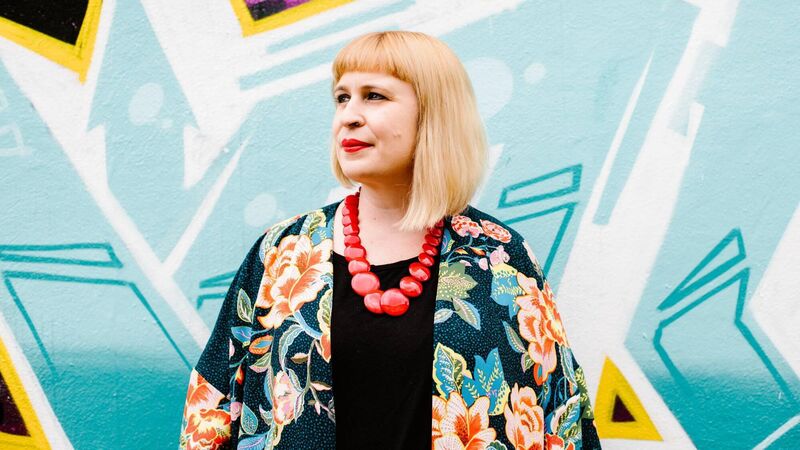Jan Carson: When stories about dementia can also be an enjoyable read

Jan Carson edited A Little Unsteadily Into Light with Jane Lugea.
When it came to naming her latest book, a collection of dementia-inspired fiction, Jan Carson turned to Samuel Beckett, whose work is steeped in the themes of memory, ageing and identity.
The title, , comes from a stage direction for Beckett’s play Krapp’s Last Tape. For Carson, the words encapsulated both the attempt to strike a fragile balance when writing authentically about dementia and the challenge of living as well as possible with the condition.




